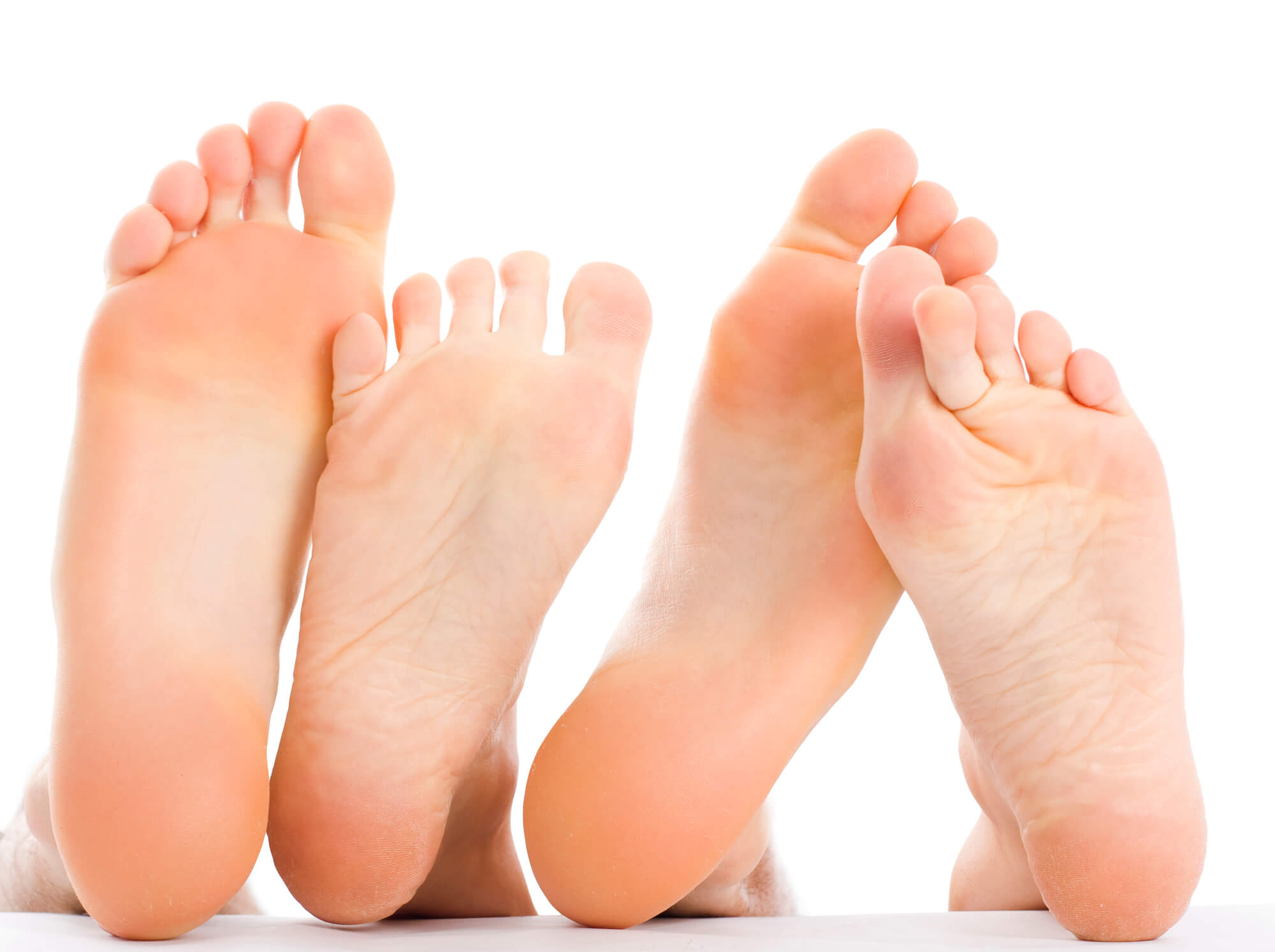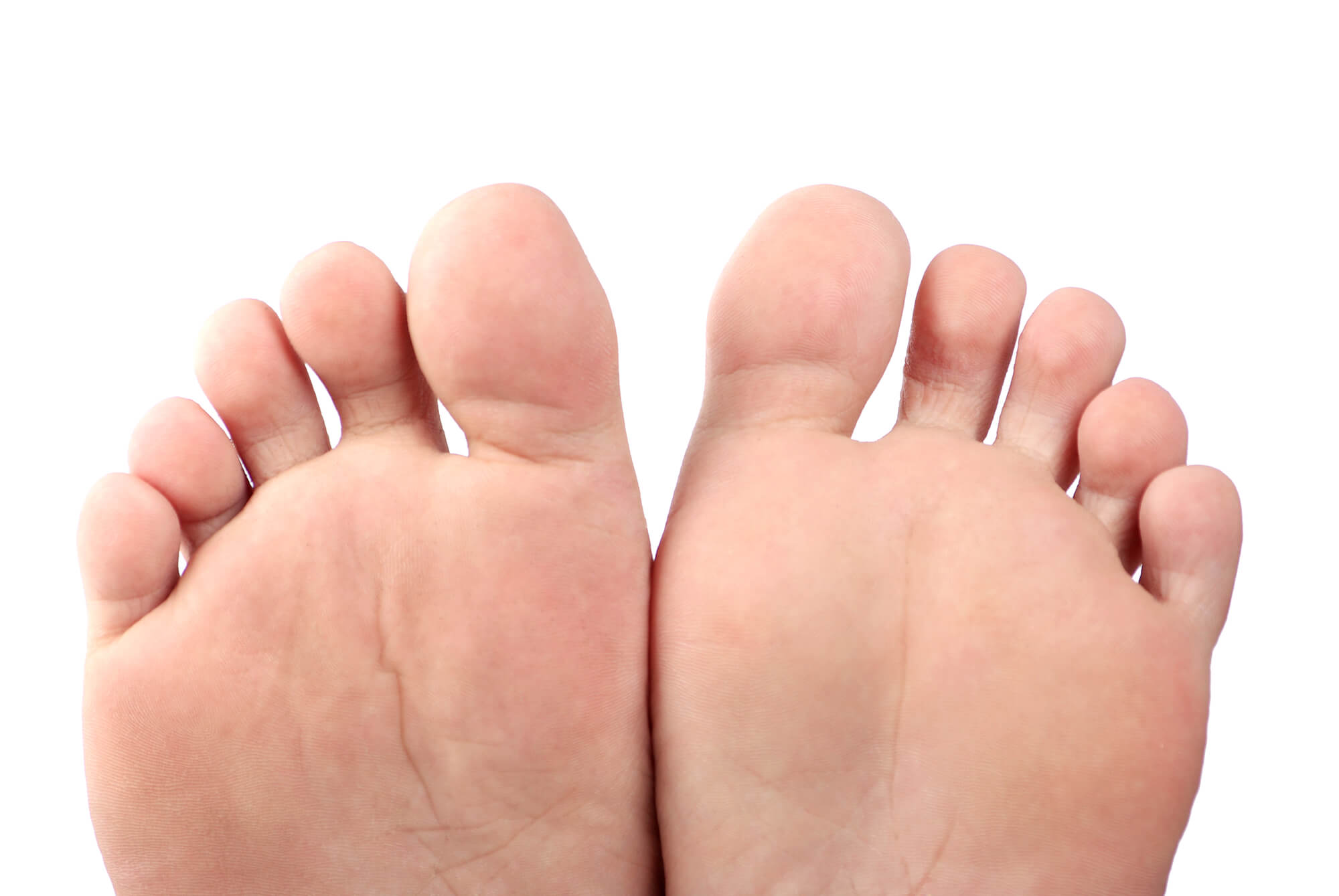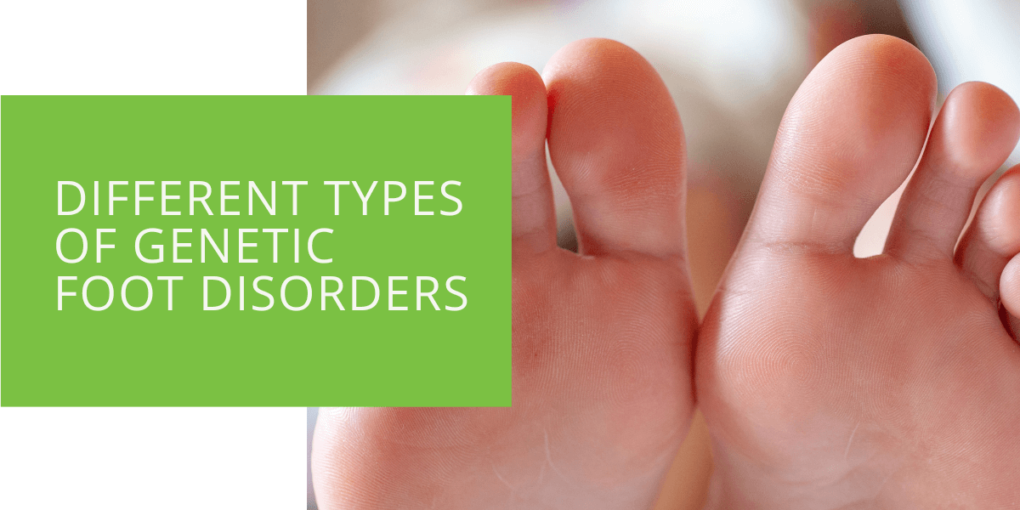Exploring the Different Types of Genetic Foot Disorders
The human body is a complex organism, and the feet are no exception. Our feet are subject to a variety of conditions that can cause discomfort and pain and even limit our mobility. Many of these conditions are due to genetic factors, and it is essential to understand the different types of genetic foot disorders so that they can be diagnosed and treated effectively. In this article, we will explore the different types of genetic foot disorders and how they can be managed by a podiatrist.
Purpose of the Article
The purpose of this article is to provide a comprehensive overview of the different types of genetic foot disorders, the underlying causes, and the best treatment options available. Whether you are a patient, a carer, or a podiatrist, this article is designed to help you understand these conditions and the best way to manage them.
Overview of Genetic Foot Disorders
Genetic foot disorders are conditions that are caused by abnormalities in our genes, which are the instructions that determine how our bodies develop and function. These abnormalities can be caused by mutations in the DNA sequence, which are changes in the genetic code that can lead to changes in how the gene functions. These mutations can occur in specific regions of our chromosomes, which are the structures that carry our genes. Inheritance of genetic mutations can be passed down from one generation to the next, playing a role in the development of genetic foot disorders.
Foot disorders can also be caused by changes in the way that genes are expressed or regulated, which can affect the development of the foot and cause abnormalities. Some genetic foot disorders are present at birth, while others may develop later in life as a result of inherited genetic mutations that occur in specific regions of our chromosomes. Understanding the role of inheritance in the development of genetic foot disorders is crucial for proper diagnosis and treatment by a podiatrist.

Types of Genetic Foot Disorders
There are two main types of genetic foot disorders: congenital disorders and inherited disorders.
Congenital Disorders
Congenital foot disorders are conditions that are present at birth and are caused by genetic mutations that occur during the development of the fetus. These mutations can cause abnormalities in the structure and function of the foot, leading to conditions such as clubfoot, polydactyly, and syndactyly.
Inherited Disorders
Inherited foot disorders are conditions passed down from one generation to the next and are caused by mutations in the genes that control the development and function of the foot. These mutations can cause flatfoot, high arches, and Achilles tendinitis.
Congenital Disorders
Clubfoot
Clubfoot is a congenital foot disorder that affects the way the foot is shaped and how it functions. This condition can cause the foot to be turned inward, making it difficult to walk or stand. Clubfoot is caused by a combination of genetic and environmental factors, and it is often diagnosed in newborns.
Polydactyly
Polydactyly is a congenital foot disorder that causes an extra finger or toe to develop. This condition can cause a variety of problems, including difficulty walking, balance problems, and pain. Polydactyly is caused by genetic mutations that affect the development of the foot, and it can be diagnosed in newborns.
Syndactyly
Syndactyly is a congenital foot disorder that causes the fingers or toes to fuse, making it difficult to walk or stand. This condition is caused by genetic mutations that affect the development of the foot, and it can be diagnosed in newborns.

Inherited Disorders
Flatfoot
Flatfoot is an inherited foot disorder that causes the arch of the foot to flatten. This condition can cause discomfort, pain, and balance problems, and it is often diagnosed in childhood. Flatfoot is caused by genetic mutations that affect the development and function of the foot, and it can be passed down from one generation to the next.
High Arches
High arches, also known as cavus foot, is an inherited foot disorder that causes the arch of the foot to be higher than normal. This condition can cause discomfort, pain, and balance problems, and it is often diagnosed in childhood. High arches are caused by genetic mutations that affect the development and function of the foot, and they can be passed down from one generation to the next.
Achilles Tendinitis
Achilles tendinitis is an inherited foot disorder that causes inflammation of the Achilles tendon, which is the tendon that connects the calf muscle to the heel bone. This condition can cause discomfort, pain, and difficulty walking, and it is often diagnosed in adulthood. Achilles tendinitis is caused by genetic mutations that affect the development and function of the foot, and it can be passed down from one generation to the next.

Diagnosis and Treatment of Genetic Foot Disorders
Diagnosing genetic foot disorders can be challenging, as the symptoms can vary widely and may be similar to other conditions. With their training and expertise in genetics, a podiatrist is the best professional to diagnose and treat these conditions, as they know to identify the underlying causes, which may be genetic in nature, and recommend the best course of treatment.
Diagnosis
A podiatrist may diagnose a genetic foot disorder by conducting a physical examination, asking about the patient's medical history, and ordering tests such as x-rays, MRI scans, or genetic testing. Genetic testing can be used to determine the cause of the condition and to identify any mutations that may be responsible.
Treatment
The treatment of a genetic foot disorder will depend on the specific condition and its severity. In some cases, a podiatrist may recommend physical therapy, orthotics, or other conservative treatments to help manage the symptoms. In more severe cases, surgery may be necessary to correct the abnormality and restore normal foot function.
Conclusion
Genetic foot disorders can have a significant impact on our quality of life, but with the right treatment and management, these conditions can be effectively managed. A podiatrist is the best professional to diagnose and treat these conditions, and with their help, patients can get back to enjoying a healthy and active lifestyle.
If you or someone you know is experiencing symptoms of a genetic foot disorder, we encourage you to schedule an appointment with a podiatrist today. With the right treatment and management, these conditions can be effectively managed, and patients can get back to enjoying a healthy and active lifestyle.
FAQ
What are genetic foot disorders?
Genetic foot disorders are conditions caused by abnormalities in our genes, which are the instructions that determine how our bodies develop and function. These abnormalities can lead to changes in the development of the foot and cause various foot problems.
What causes genetic foot disorders?
Genetic foot disorders can be caused by mutations in the DNA sequence, which are changes in the genetic code that can lead to changes in how the gene functions. These mutations can occur in specific regions of our chromosomes, which are the structures that carry our genes.
Can genetic foot disorders be inherited?
Yes, some genetic foot disorders can be inherited from our parents. These disorders occur as a result of inherited genetic mutations that occur in specific regions of our chromosomes.
Who can diagnose and treat genetic foot disorders?
A podiatrist is the best professional to diagnose and treat genetic foot disorders. They have the training and expertise needed to identify the underlying causes and recommend the best course of treatment.
What are the symptoms of genetic foot disorders?
The symptoms of genetic foot disorders can vary widely and may be similar to other conditions. Some common symptoms include pain, swelling, deformities, and difficulties with movement.
How are genetic foot disorders diagnosed?
Diagnosing genetic foot disorders can involve a range of tests and assessments, including physical exams, imaging tests, and genetic testing. A podiatrist can recommend the best diagnostic approach based on the individual's symptoms and medical history.
How are genetic foot disorders treated?
The treatment of genetic foot disorders will depend on the specific condition and its severity. Treatment options may include medications, physical therapy, orthotics, and surgery. A podiatrist can recommend the best course of treatment based on the individual's needs and the specific condition.

